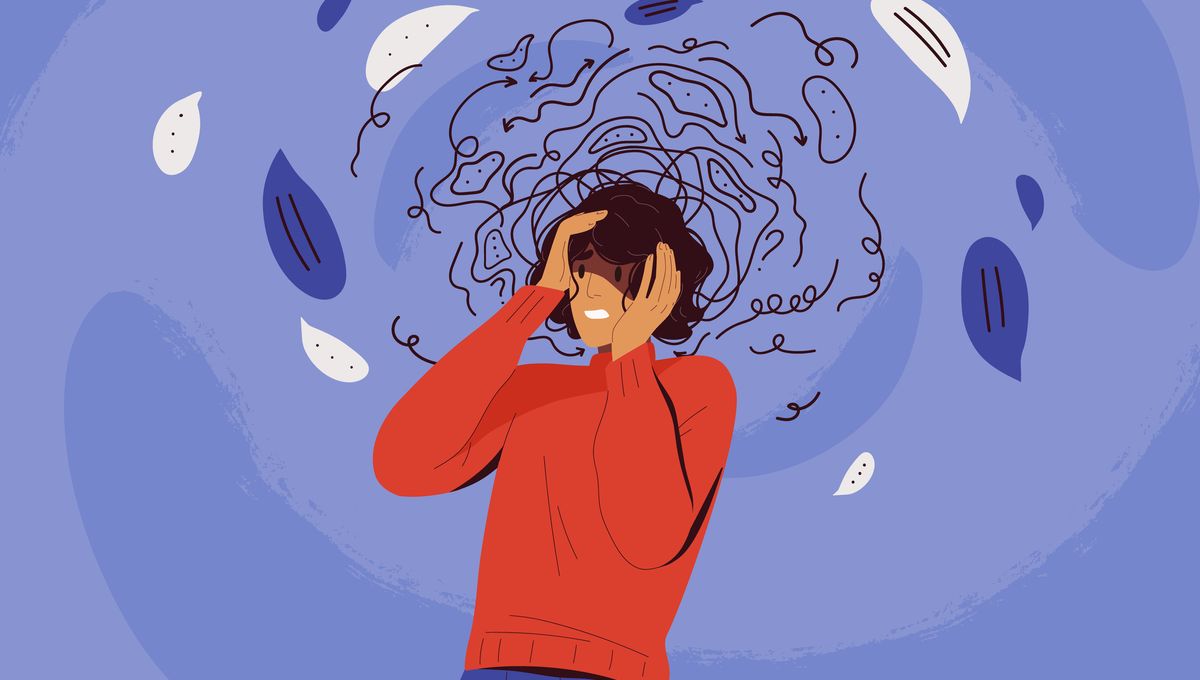
Ubrogepant, a drug approved for migraine treatment since 2019, can not only be far more effective if taken on the first pre-headache symptoms, a recent clinical trial has found, but according to the latest data, could also be the first acute treatment for those initial symptoms.
Those who don’t suffer migraines sometimes think of the word as a synonym for “bad headache”. However, migraines often include a variety of non-headache symptoms, including dizziness, nausea, food cravings, and fatigue. Much as these may add to the suffering, they can also provide warning signs that have long been used to take evasive action.
Ubrogepant, marketed as Ubrelvy, achieved FDA approval based on clinical trials that showed reduced symptoms for those taking the drug compared to those on a placebo. Nevertheless, while the trials indicated Ubrogepant helped a significant proportion of migraine sufferers, the results were nothing like a silver bullet, with only modest reductions in suffering.
A trial seeking to investigate if taking Ubrogepant early could boost its effectiveness, using the fact that symptoms such as sensitivity to light or sound and neck pain often kick in before the headache, has spawned several papers.
The trial was restricted to people who suffered frequent migraines and got warning signs in the form of non-headache symptoms several hours before the worst would hit. Rather than testing Ubrogepant against a placebo or another anti-migraine drug, the trial authors had everyone take two pills, one when they experienced the first warning signs, and another when a second round of symptoms started.
One of these pills was the Ubrogepant, the other a placebo, but trial participants did not know which was which. The 438 participants who completed the trial recorded their experiences using measures such as a five-point scale of how much their activity was limited by the migraine.
Two hours after taking the first pill, those in the drug-first-placebo-later arm were 73 percent more likely to report they were able to function normally than those who got the placebo first. The next day, 65 percent of those getting Ubrogepant straight away said they were not limited at all or only a little limited. The figure was 48 percent for those who started with the placebo.
Individual pre-headache (or prodromal) symptoms were also better in the drug-first arm. For example, three hours after taking the drug, 27.3 percent reported an absence of fatigue, versus 16.8 percent in the placebo-first arm. For neck pain, the equivalent figures were 28.9 percent and 15.0 percent. Dizziness was a third lower 24 hours after the dose among those who took the drug first.
“Based on our findings, treatment with Ubrogepant may allow people with migraine who experience early warning signs before a migraine occurs to quickly treat migraine attacks in their earliest stages and go about their daily lives with little discomfort and disruption,” said Dr Richard B. Lipton of Albert Einstein College of Medicine, lead author of a paper on an earlier stage of the trial in a 2024 statement. “This could lead to an improved quality of life for those living with migraine.”
Despite the potential benefits the trial indicates for Ubrogepant, identifying the early symptoms is not always easy. For example, many participants reported “difficulty in thinking” or “difficulty in concentrating” as their first warning sign – not problems restricted only to pre-migraine conditions.
“Migraine is one of the most prevalent diseases worldwide, yet so many people who suffer from this condition do not receive treatment or report that they are not satisfied with their treatment,” Lipton said.
New drugs for migraine treatment have helped many, but are clearly a long way from solving the problem. The authors note; “There remains considerable debate around the site of action of anti-migraine treatments.” Resolving how the drugs work would lead to a much more targeted approach to making better ones than is currently possible. Understanding the effect on non-headache symptoms may help with this.
The new study is published in Nature Medicine. The earlier stage was published last year in Neurology.
Source Link: Migraine Drug Could Be First To Treat Symptoms That Come Before The Headache